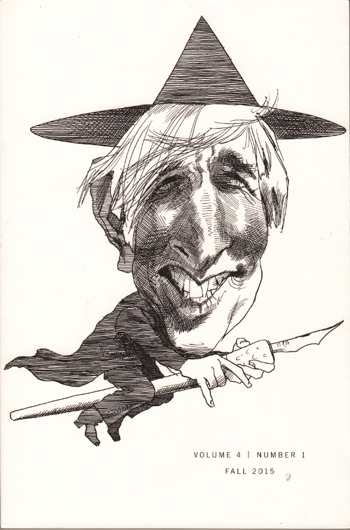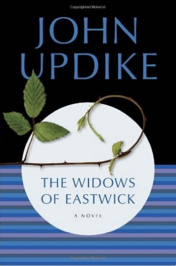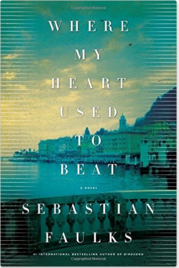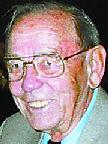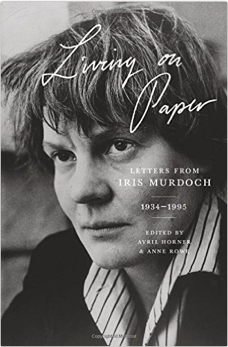 Kevin Schehr, a charter member of The John Updike Society, has arranged for his extensive Updike collection to be donated to the society. The collection, last appraised at $80,000, includes first editions of all of Updike’s books (many signed, including Franklin Library editions), uncorrected proof copies, broadsides, limited editions, books about Updike, books containing contributions by Updike, and over 1600 periodicals featuring first appearances of writings by Updike or about Updike.
Kevin Schehr, a charter member of The John Updike Society, has arranged for his extensive Updike collection to be donated to the society. The collection, last appraised at $80,000, includes first editions of all of Updike’s books (many signed, including Franklin Library editions), uncorrected proof copies, broadsides, limited editions, books about Updike, books containing contributions by Updike, and over 1600 periodicals featuring first appearances of writings by Updike or about Updike.
“This is a huge gift to the society,” president James Plath said. “It ensures that visitors to The John Updike Childhood Home at any given time in the future will see a number of first editions, which we’ll rotate in order to minimize their exposure to light. The first appearances in magazines will be especially interesting for Updike fans, because few of us have seen them when they first appeared in print.”
Schehr is currently in his fourth elected term as the Associate Circuit Judge for Morgan County, Missouri. He handles all cases filed in Morgan County, including civil actions, dissolutions of marriage, probate, and all criminal misdemeanor cases, as well as all felonies until the preliminary hearing has been held. Originally from Cincinnati, Ohio, he got his first exposure to Updike at Wabash College in Crawfordsville, Ind., when part of his senior year comprehensive exam required him to “explicate the short story ‘A & P.’ I thought I had found the next J.D. Salinger from reading that story,” he said. Then, “When I went to graduate school as a teaching assistant at the University of Missouri I was assigned Updike’s Rabbit, Run in one of my classes for my Master’s Degree. Later, upon joining The Book of the Month Club I used three of my four free selections to obtain the Rabbit books (there were only three then). That led to wanting to get true first editions of the books and my collecting bug took off from there. It started around 1982 and lasted until Updike’s death in 2009.”
Schehr said he initially donated the collection to his alma mater, Wabash College, but when he inquired about it recently he discovered that the materials were not considered a priority. As a result, he asked the college if they would consider re-donating the collection to The John Updike Society, and they were willing. Plath will pick up the exhaustive collection and drive it to Shillington sometime in mid-May 2016.
“I did get to meet Updike once when he was a dinner guest and gave a reading at the University of Missouri,” Schehr said. “I had dinner a few tables away from him, but did not approach him at that time. Later, after the reading, he was signing autographs and I waited my turn. When I got my chance I handed him my first edition copy of his first book to sign. He gave it a puzzled look, as if he were surprised that anyone would have a copy, and then, after asking for my name inscribed it ‘to Kevin, this very old book, cheers, John Updike.’ I left with a big smile on my face.”
The John Updike Society is grateful to Judge Schehr for assembling the collection and to Wabash College for re-gifting it.

